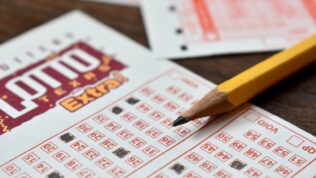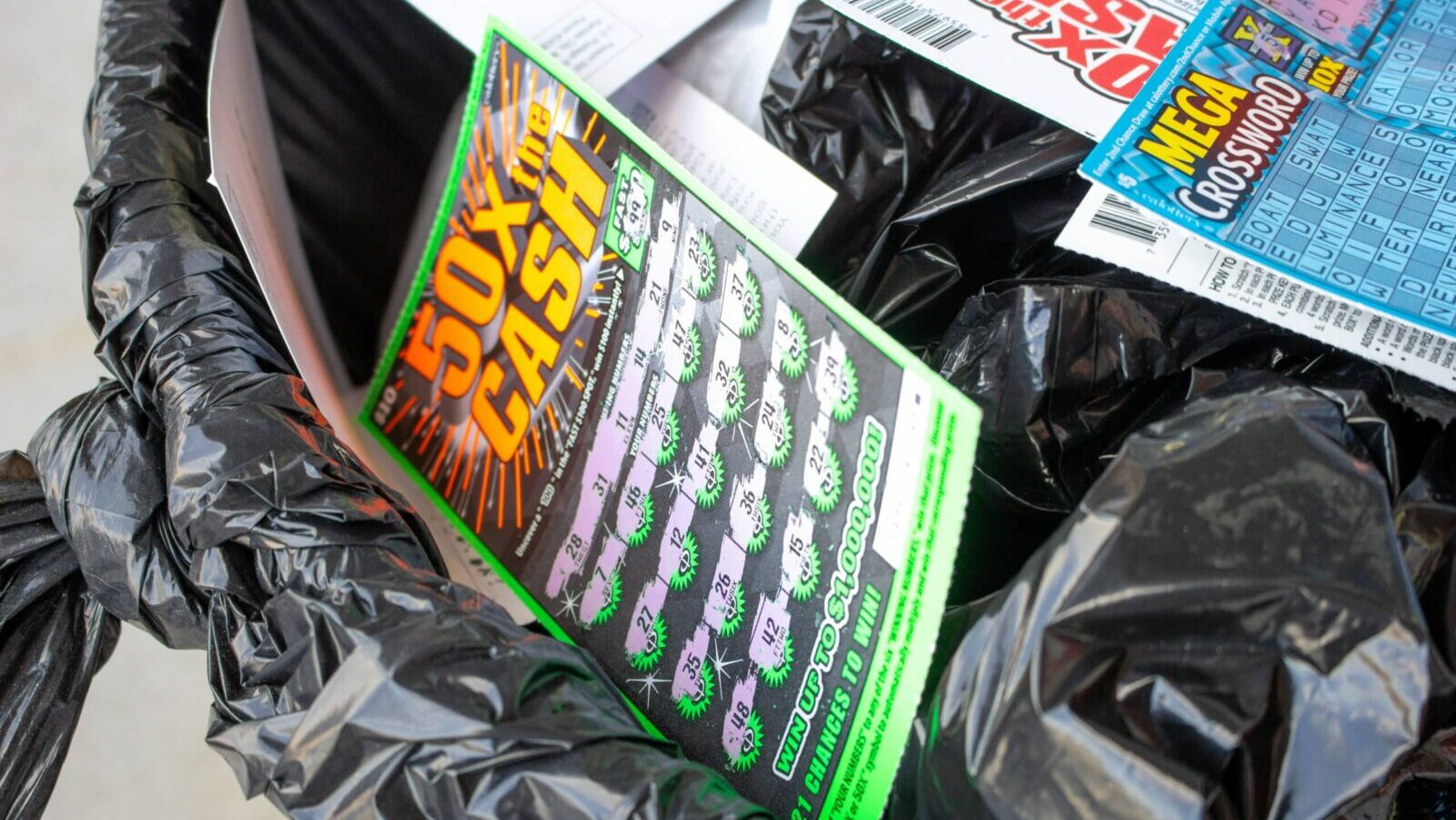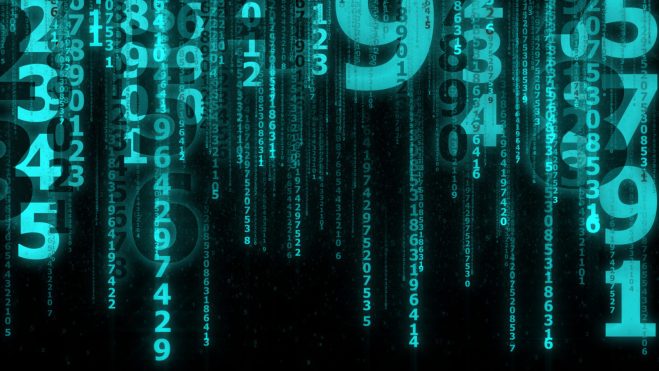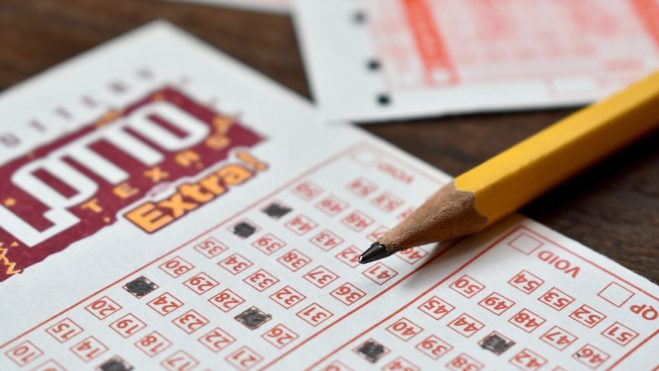Deep Dive On Lotto Texas Jackpot Win Reveals Calculated Strategy, Raises Questions
An investigative report suggests that a massive $95 million win in Texas one year ago had nothing to do with luck.
3 min
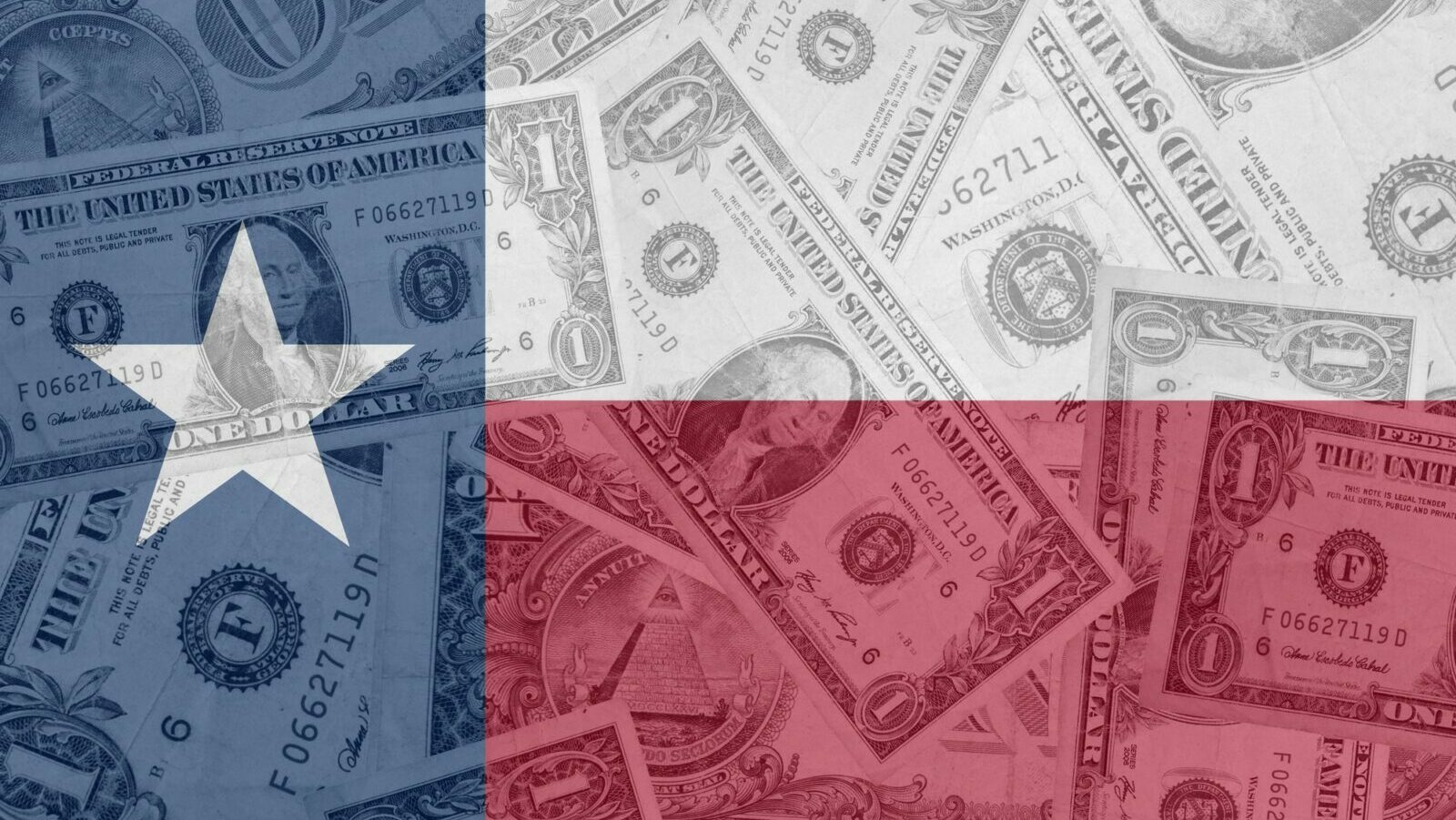
On April 22 of last year, a group managed to win the third-largest Lotto Texas jackpot in 12 years, worth $95 million. However, a deep dive into the events surrounding the win, conducted by Eric Dexheimer of The Houston Chronicle, suggests that the odds were stacked in an unusual way.
The win was not a stroke of luck but rather the result of a calculated strategy that capitalized on the mathematical intricacies of lottery games. However, it also includes shades of controversy enveloped in what might otherwise be nothing more than a merger of the right circumstances at the right time.
The winner of the $95 million jackpot was a New Jersey-based group called Rook TX LP. Since the win was announced last year, several media outlets have reported that Rook TX, an entity specifically created for the ticket purchase, bought almost $11 million in tickets. The Houston Chronicle report indicates the group likely actually spent $25.8 million, in essence purchasing every conceivable winning combination.
Because Rook TX opted for a lump-sum payment, the company received $57.8 million, minus taxes. That’s a nice return on investment, not to mention the $710,000 it won through tickets that matched some, but not all, of the winning numbers.
The buying boom
Dexheimer explains that Lotto Texas averages between one to two million ticket purchases for most draws. For the April 22 draw, data from the Texas Lottery Commission (TLC) indicates that there were more than 28 million tickets sold.
With the jackpot having reached $95 million, it’s not surprising that there would be more sales. What’s surprising, however, is that Rook TX bought so many millions of tickets in just a three-day span from the same retailer.
Dexheimer points out that only four lottery retailers accounted for most of the 28 million-plus tickets sold — and that all of those retailers had partnerships with online lottery courier services. One retailer in particular, Colleyville’s Lottery Now, sold almost 11 million tickets in three days — and that’s where Rook TX hit the jackpot.
The plot thickens
Until this point, the individual components all appear controversy-free, and the Houston Chronicle article makes clear that buying every possible combination is not against Lotto Texas rules. However, there’s a twist that makes this case more interesting.
Dexheimer points out that Lottery Now started 2023 with just one lottery terminal. It would have been impossible to print all of Rook TX’s lottery tickets on just one machine in three days. However, between the start of the year and one day before the tickets for the April 22 draw went on sale, the store installed another 12 machines. Then, just 10 days after the draw, it removed 10, leaving it with three.
The Texas Lottery win raises questions about the ethics and fairness of using such strategies. While completely legal, the practice of buying up a large number of tickets to increase the odds can be seen as undermining the spirit of the lottery, which is often viewed as an equal opportunity for all participants to win. It highlights the disparity between those who can afford to implement such strategies and the average player who buys a ticket with the hope of changing their life.
No evidence of a rigged draw
While there have been isolated incidents in lottery history where individuals have attempted to manipulate the system for personal gain, such as the case of Eddie Tipton, who rigged jackpots by inserting malicious code into the lottery software, these are exceptions rather than the norm. Lotteries are heavily regulated and monitored to ensure fairness and transparency.
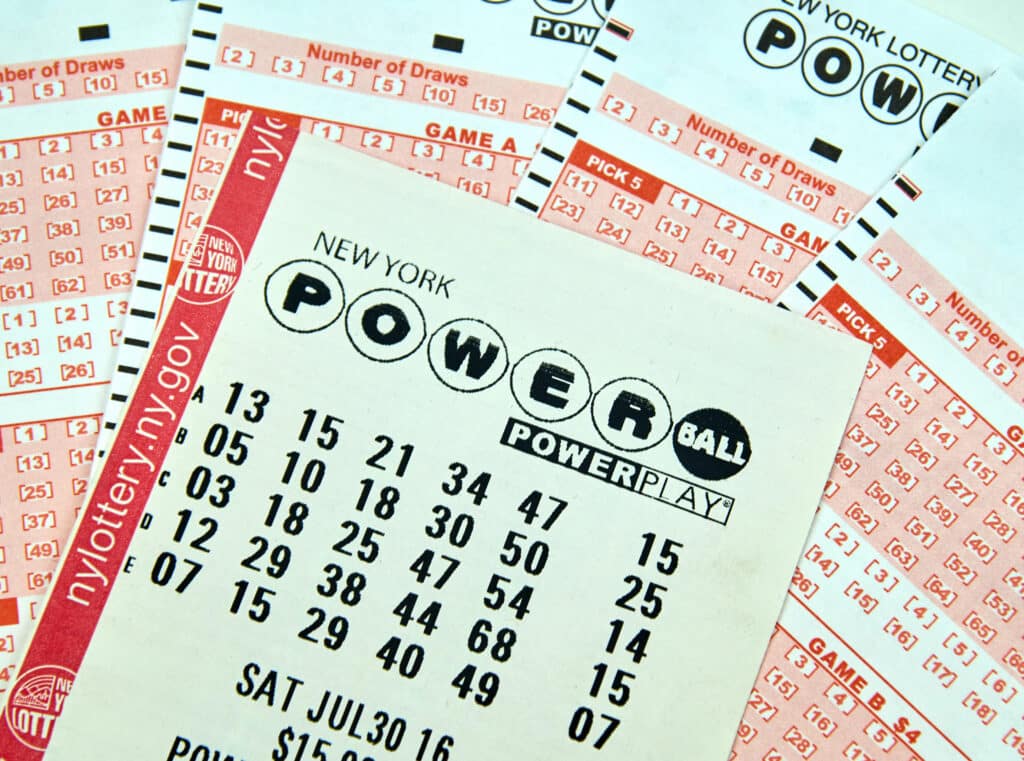
For instance, Powerball and Mega Millions have not had any confirmed reports of being rigged. In fact, investigations and audits are regularly conducted to maintain the credibility of these games. The slim odds of winning a lottery are clearly stated, and the draw processes are designed to be random and unbiased.
Concerns about rigging are often fueled by misunderstandings of probability and the law of large numbers. For example, the statistical likelihood of a state like California, which has a high population and, therefore, a large number of ticket purchases, having multiple winners is not as improbable as in smaller states.
This doesn’t necessarily mean that buying tickets for the state lottery in California is a better option. Noted mathematician Skip Garibaldi, whose research helped redefine the Florida Lottery, told Lottery Geeks recently, “The state-level version of Powerball or Mega Millions in California, where I live, is not a very attractive bet for my taste. So I never buy those. But if I lived in, say, Texas, I would definitely buy a lot of Texas tickets.”




